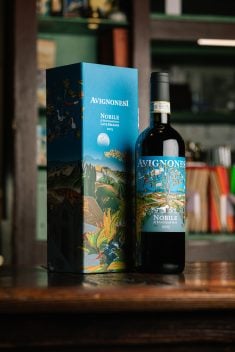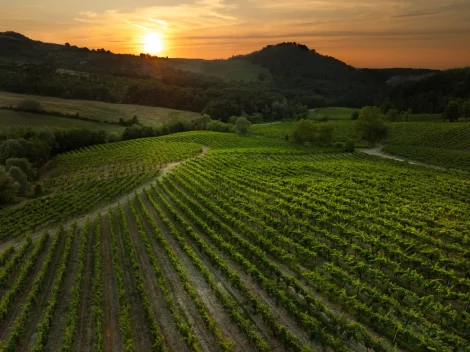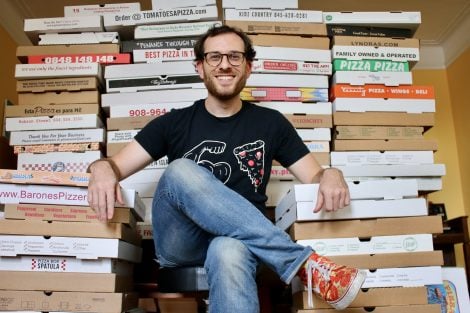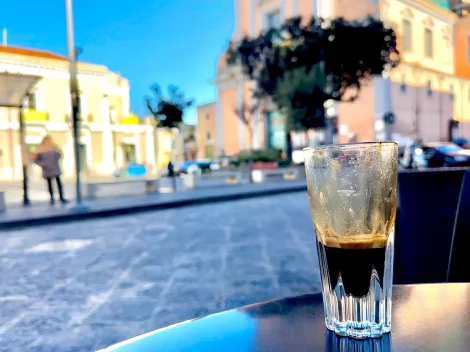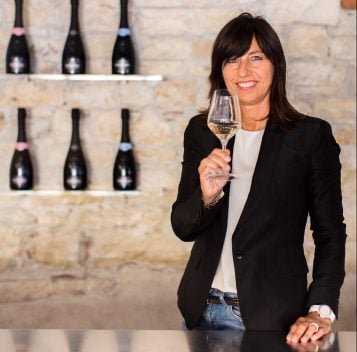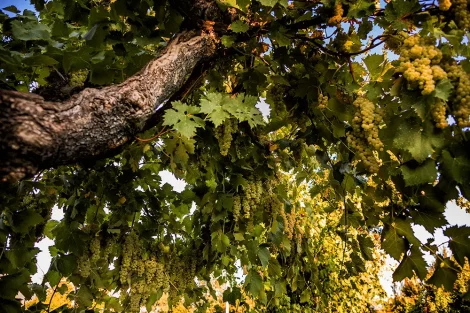Founded in 2015 by a group of young bakers who grew up between university classrooms and sourdough laboratories, the Bolognese business has, in the space of a decade, established itself as a national benchmark of excellence. One of the key players in the “bread revolution” of recent years – confirmed with the top score of Tre Pani also in the 2026 edition of Pane e Panettieri d’Italia by Gambero Rosso – it is a complex and constantly expanding ecosystem, with several outlets across the city – five currently open, plus a new one scheduled for autumn – and a roastery dedicated to specialty coffee. A system led by a shared governance model and a clear vision: to create a positive impact on all actors in the supply chain, from employees to suppliers, and extending to the wider community.
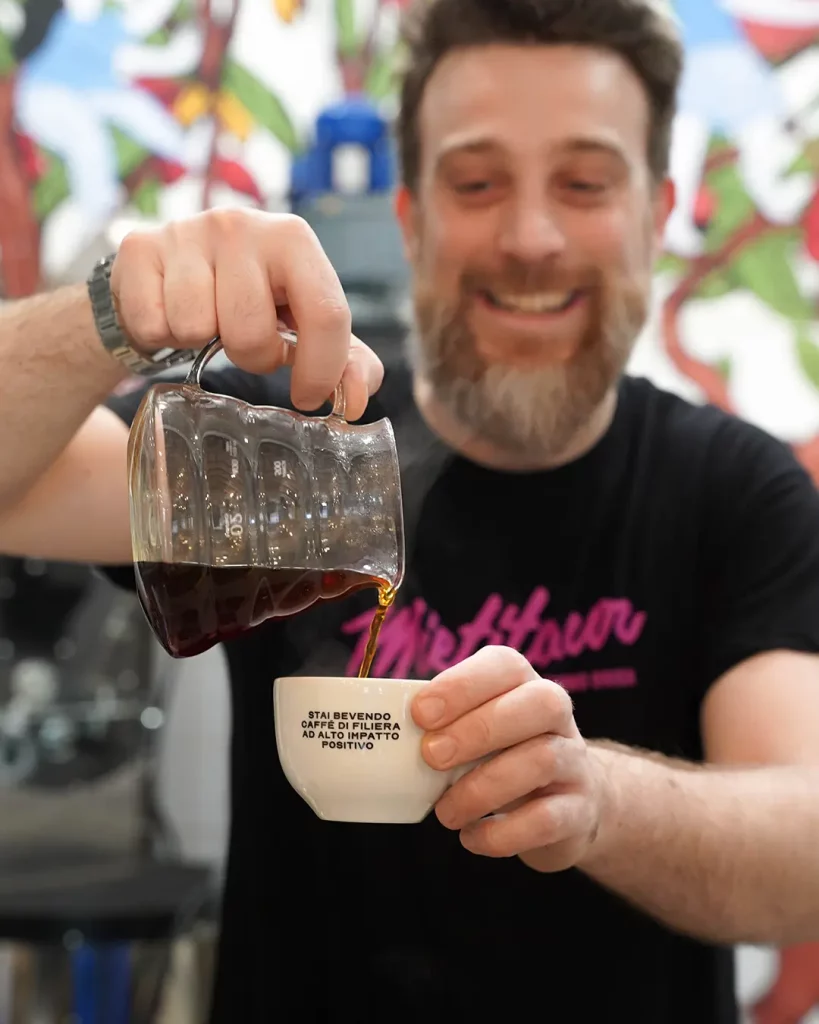
The importance of the team
Here, sustainability is the result of a series of conscious choices. Choices that start from a precise definition: sustainable is what can endure over time, in balance between environmental, economic and social dimensions.
This approach primarily involves the internal organisation, designed to function beyond individuals, yet where individuals are fundamental: investment is made in continuous training, spaces for dialogue are created, talent is nurtured and enabled to flourish. This was the case with the roastery, born out of the initiative of some team members who built the specialty coffee branch from scratch, travelling to production sites in Peru and Honduras to gain first-hand knowledge of the agricultural, social and environmental principles of sustainability tied to the coffee supply chain.
Sustainability as a bearer of value
For Brisa, to collaborate means to share the same vision and support local micro-economies, contributing to the wellbeing of the territories from which the products originate. Supplier selection is based on alignment of values before raw materials. Fair and punctual payment, together with transparent storytelling of partners’ work, becomes a means of strengthening the entire supply chain.
Then there is the environmental dimension, with practical and measurable interventions: the electric van, coffee shop equipment designed to reduce consumption and waste, energy from renewable sources, the numerous certifications obtained to monitor impact on customers, employees and stakeholders.
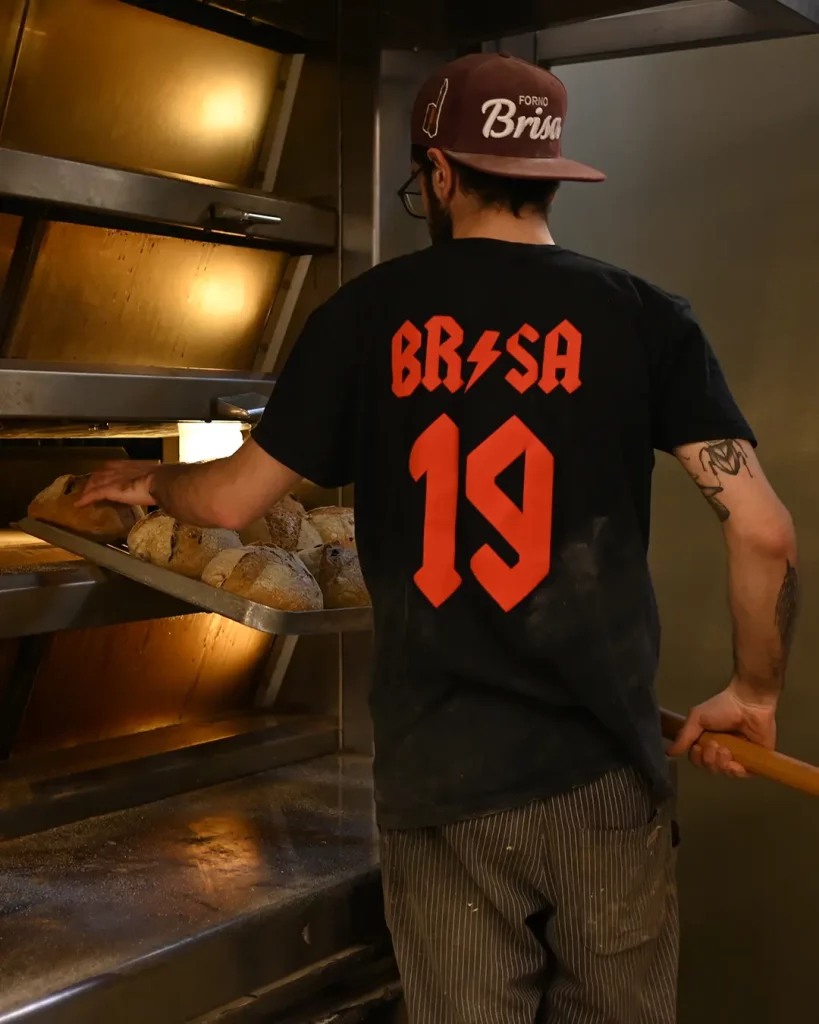
Craftsmanship and growth: a possible union
Growth in scale has not undermined the artisanal approach, but rather made it more effective. In addition to retail outlets, there is now a purchasing office, a communications division and a central organisation that coordinates processes, measures impacts and helps reduce waste and errors. Economic sustainability also relies on the ability to structure operations in order to optimise resources and workflow, without compromising the craftsmanship of the product. A clear example is recovery management: “imperfect” products, such as day-old bread or croissants with less-than-perfect shapes, are sold at lo Spaccio in Via Nicolò dall’Arca 16.
But more than the sum of individual actions, it is the overall vision that makes the difference: the idea that a business can become a model for others, generating knowledge and inspiring change. This is why dissemination is a major commitment. Customers are guided through a journey of awareness that goes beyond flavour and price, reaching towards the human stories behind each product. Because only an informed clientele can make sustainable choices. And only a truly sustainable enterprise can endure over time, multiplying its positive impact.


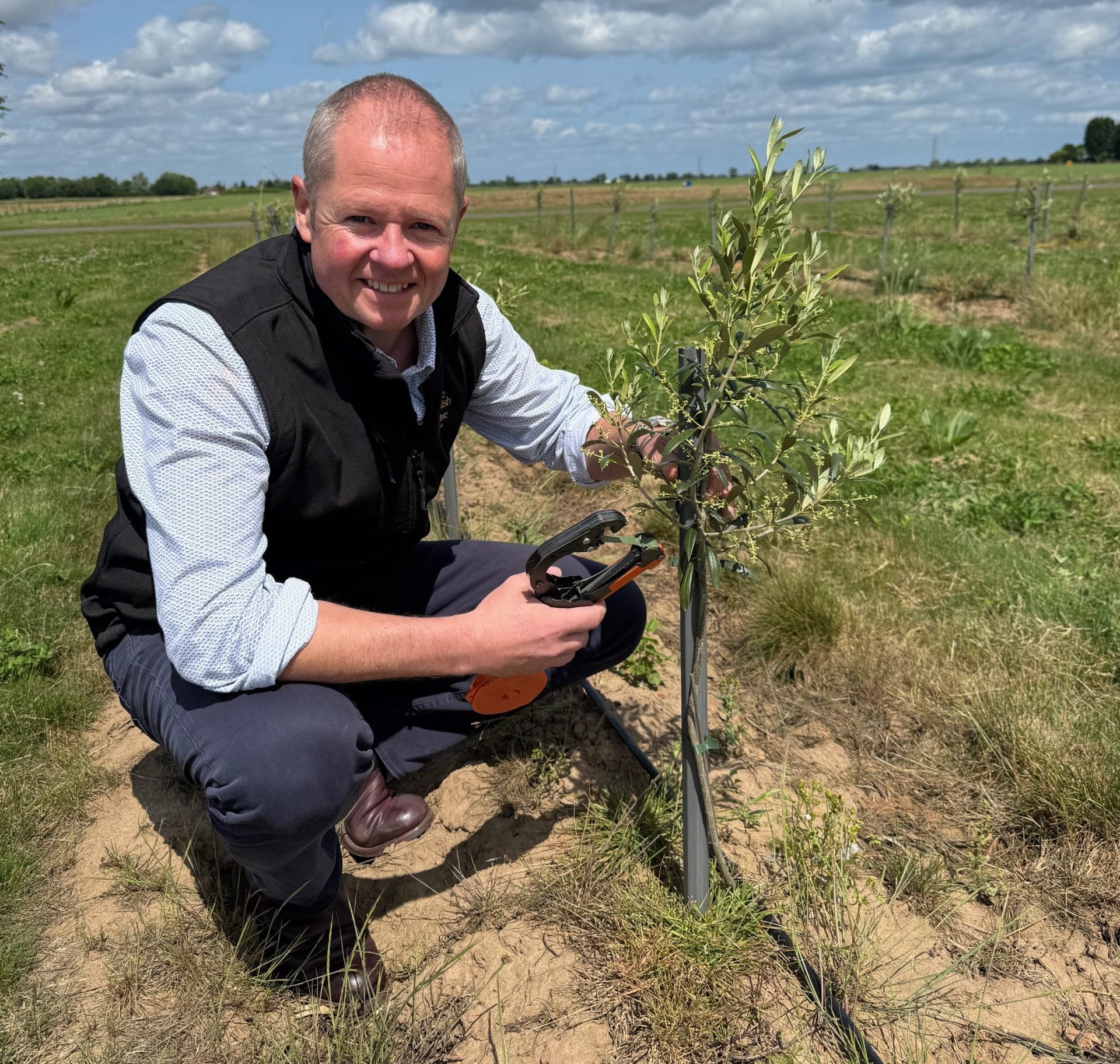 Meet the farmer pioneering English olive oil
Meet the farmer pioneering English olive oil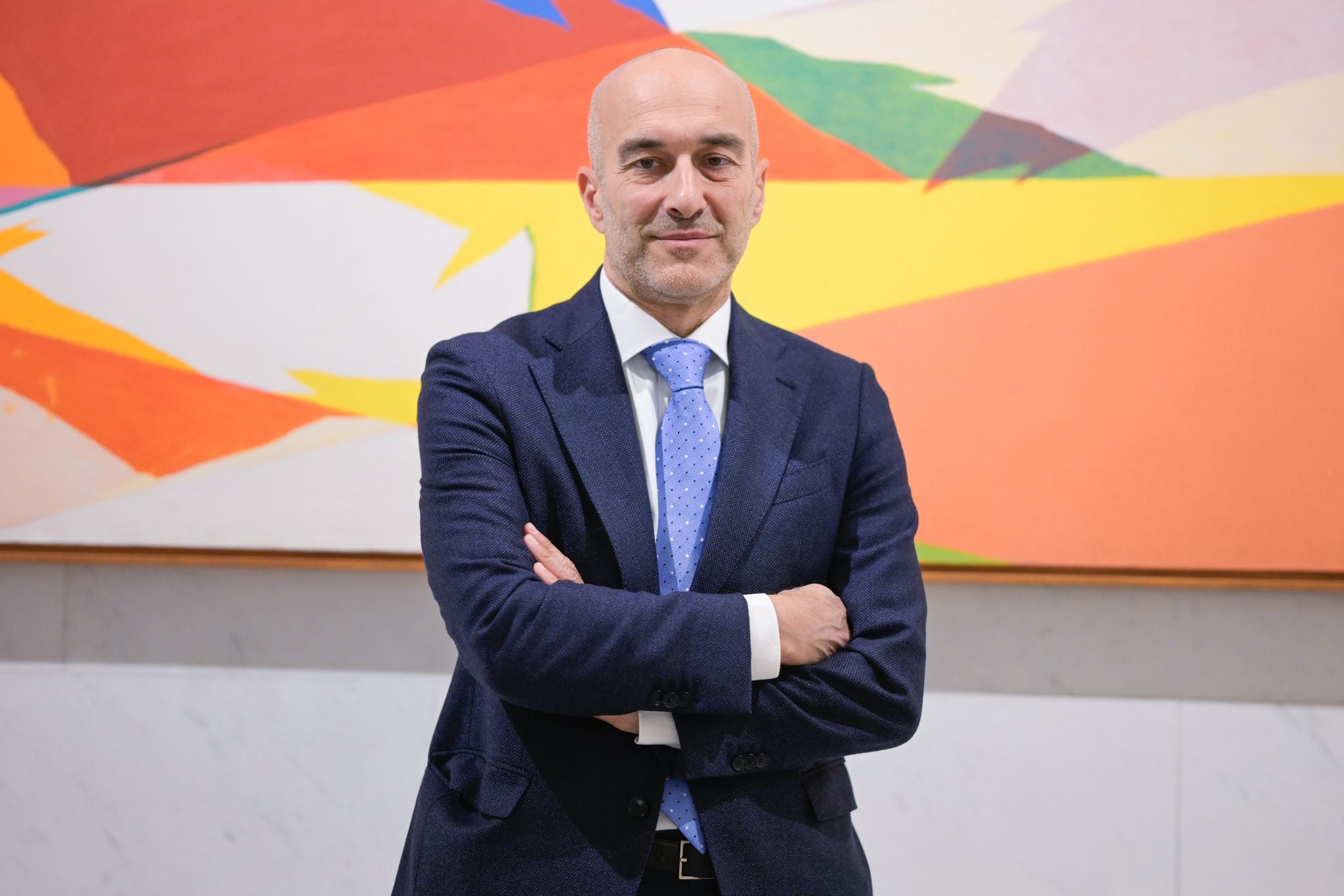 'You cannot ignore a country of more than 230 million people'
'You cannot ignore a country of more than 230 million people'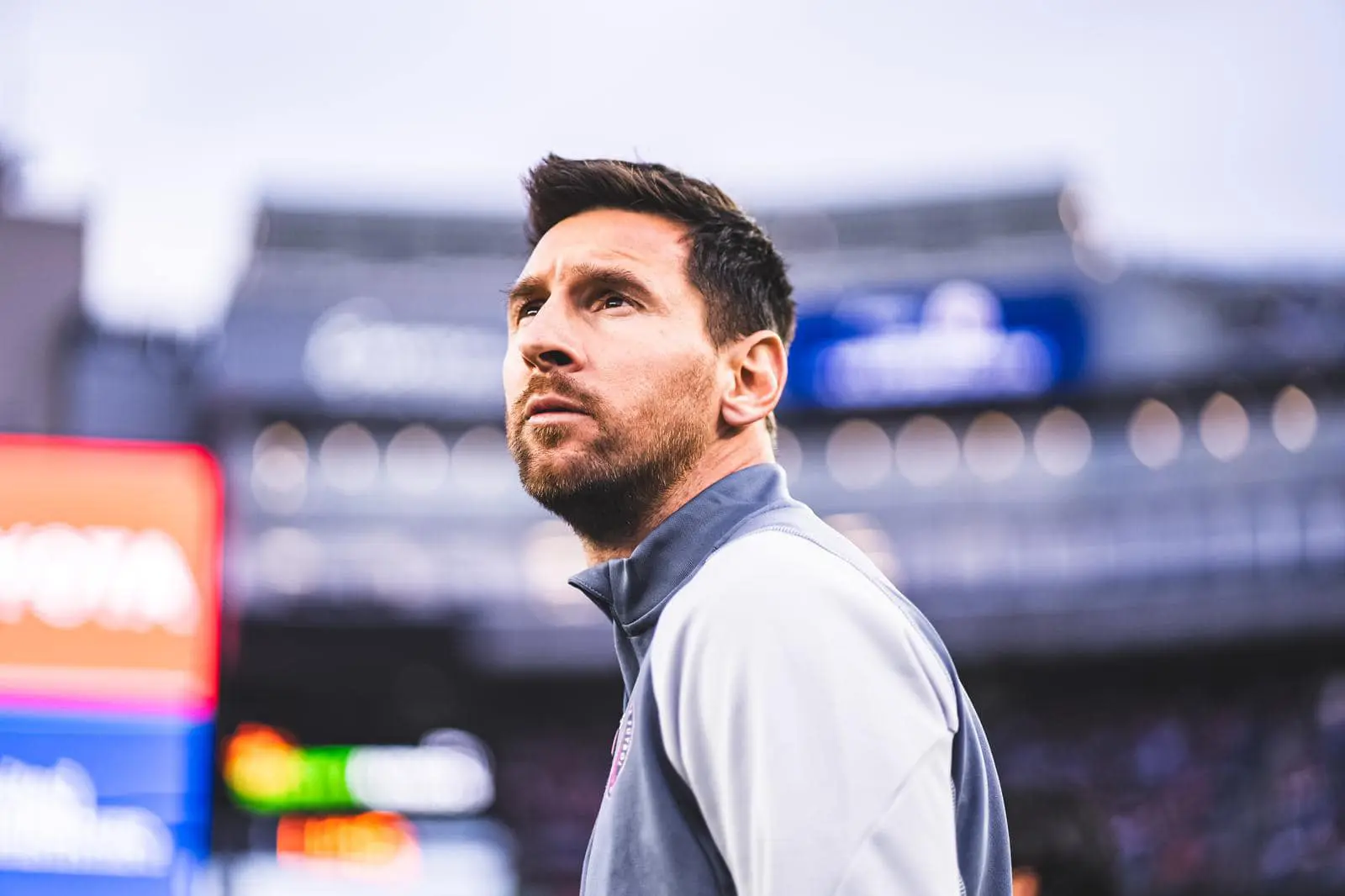 'I drink wine with Sprite,' confesses Lionel Messi
'I drink wine with Sprite,' confesses Lionel Messi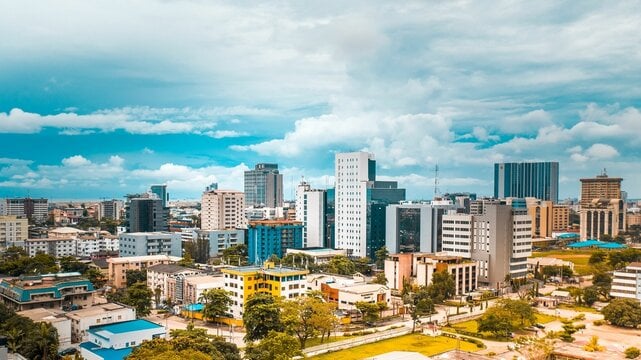 The Consorzio Vino Chianti heads to Nigeria: 'A historic step towards opening new routes for Italian wine'
The Consorzio Vino Chianti heads to Nigeria: 'A historic step towards opening new routes for Italian wine'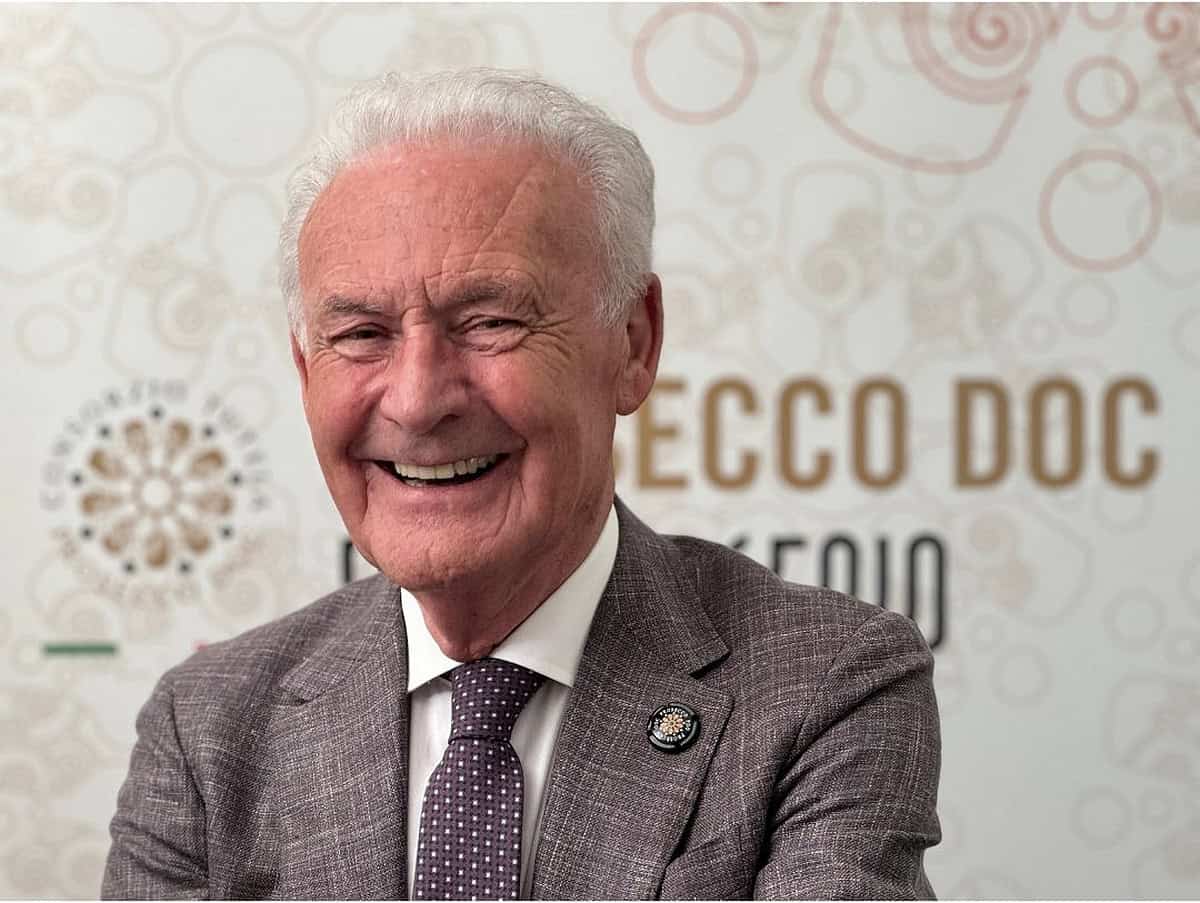 'The Mercosur agreement is also good for Prosecco'
'The Mercosur agreement is also good for Prosecco'